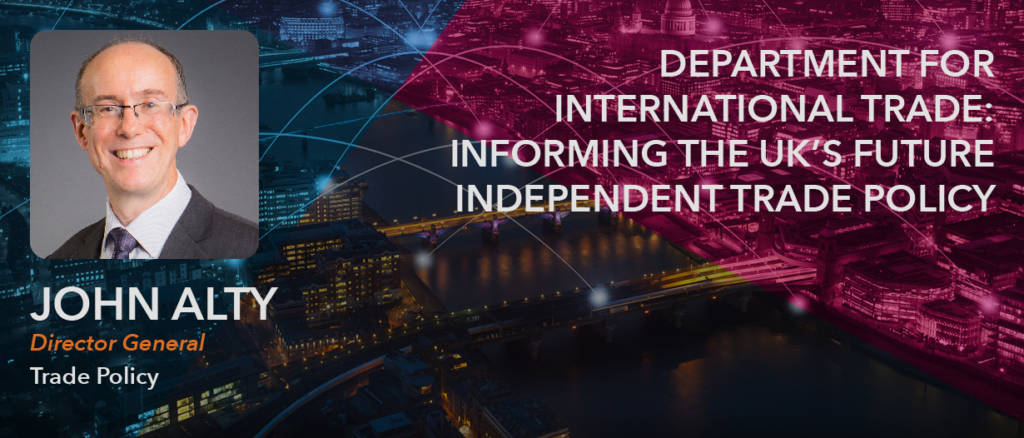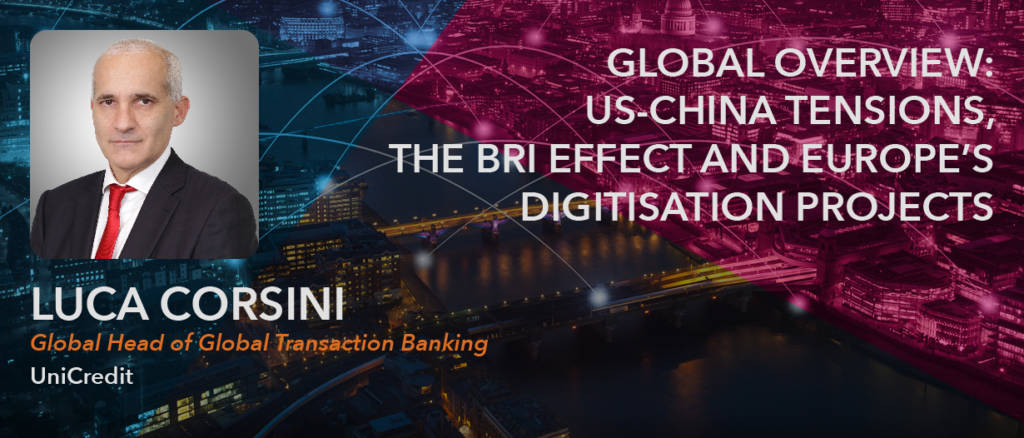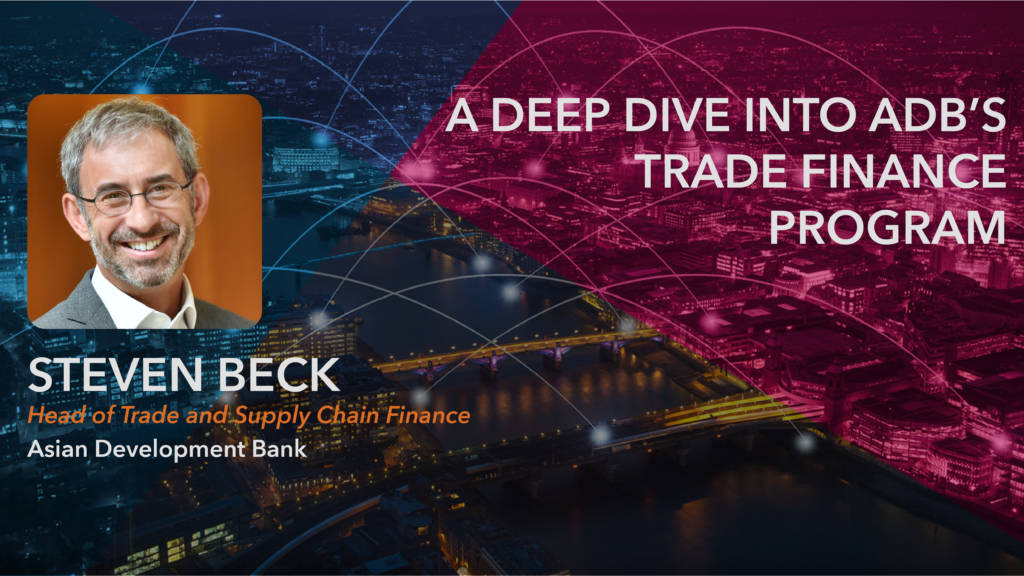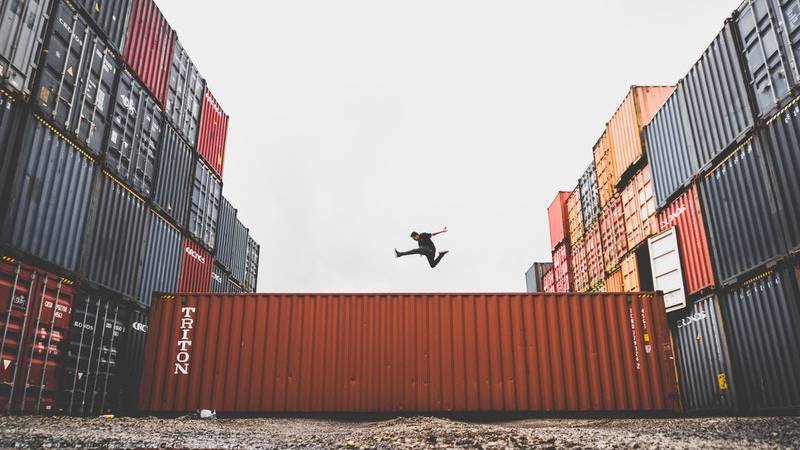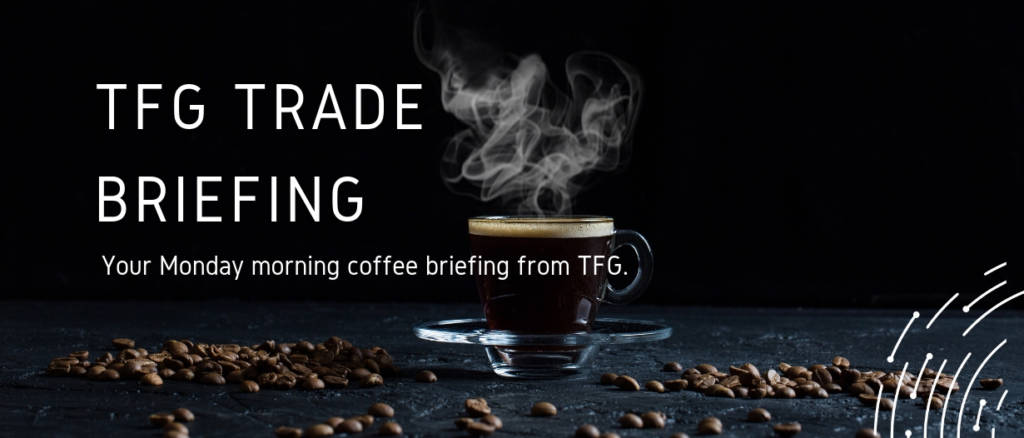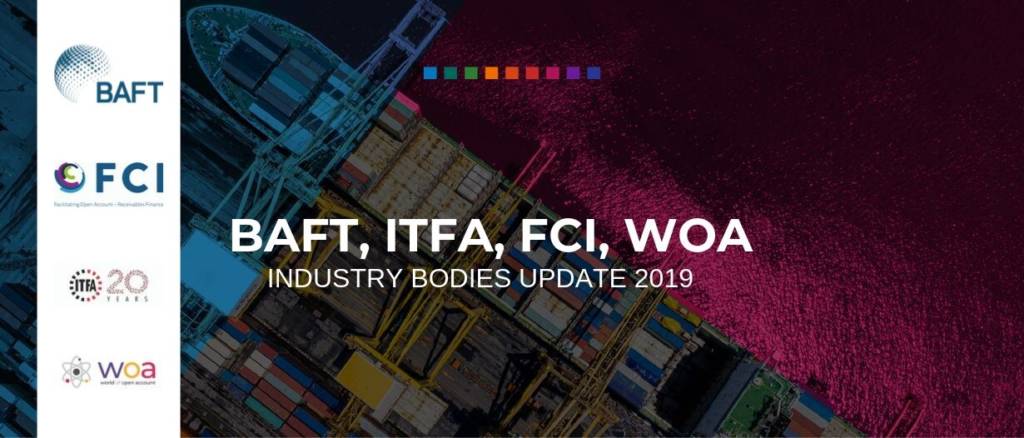Our departure from the EU will give the UK the ability to take control of its own independent trade policy for the first time in more than 40 years.
“Who trades what with whom?”. This is an inexcusable state of affairs in today’s world of big data, artificial intelligence and machine learning, as Dr Rebecca Harding, CEO of Coriolis Technologies, explains.
Over the past 2-3 decades there have been many attempts to digitise parts of the trade and trade finance process, but it’s the complexity of trade that remains the challenge. Most successful attempts at digitisation have had to bite off a small piece of the problem and this has led to silos or what I call a ‘digital island’ phenomena.
Despite today’s climate of rising trade tariffs and falling trade volumes, UniCredit’s Global Head of Global Transaction Banking, Luca Corsini, claims we have reason to remain optimistic for trade finance revenues in the coming months, pointing to the rising need for security in trade transactions, the rise of digital platforms to simplify and expand service provision, and continued infrastructure development stemming from Asia
In 2012, Asian Development Bank’s Trade Finance Program (TFP) commissioned a unique study, the first of its kind, to understand and quantify the unmet demand for trade finance, known as the global trade finance gap. Over the years, TFP has updated this study to quantify and inform policymakers and market participants about the main drivers for this persistent trade finance gap.
The Asian Development Bank (ADB) has released the results of the 2019 rendition of their annual Trade Finance Gaps, Growth, and Jobs Survey. ADB’s vast network of respondents includes 112 banks from 47 countries, 53 export credit agencies from 17 countries, 39 forfaiters from 20 countries, and 336 other firms from 68 different countries around the globe.
Your Monday morning coffee briefing from TFG. Here are some of the last week’s updates from the trade sector. 16th September 2019.
TFG heard from Accenture’s Cecile Andre Leruste, on the major digitisation initiatives within the commodiy finance space. Commodity finance is in a phase of major transition, driven by multiple megatrends
In today’s geopolitical climate many foreign policy makers use sanctions or similar, steps such as the refusals to grant authorisations, to place economic pressure on governments, organisations and individuals.
TFG spoke to the leading trade, banking, forfaiting, factoring and open account industry bodies to get an update on the key projects, initiatives and milestones from 2019.















